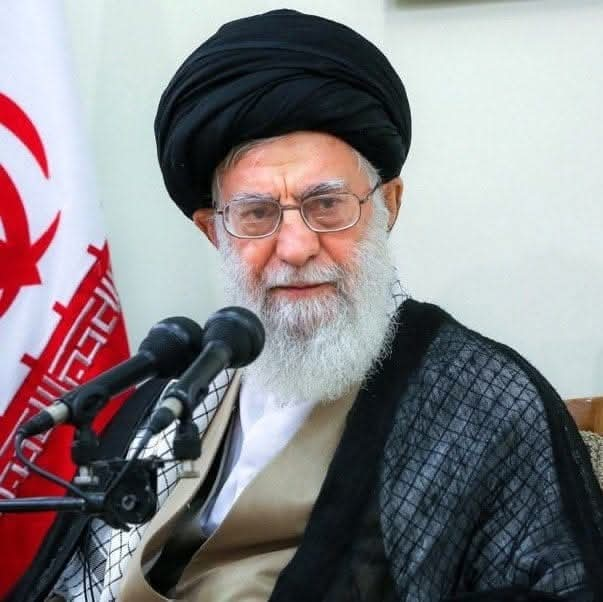In the ever-evolving dynamics of international relations, the statements of prominent figures can greatly influence public perception and political narratives. Former Nigerian Minister of Aviation, Chief Femi Fani-Kayode, recently made headlines with his outspoken support for Iran amidst its conflicts with Israel and other Western nations.
Thank you for reading this post, don’t forget to subscribe!
Fani-Kayode congratulated Iran for its resilience in what he described as a historic confrontation with the “Zionist bullies,” asserting that the Iranian military and leadership have significantly withstood the pressures from Israel. His remarks praised the “courage” of Iran’s armed forces and specifically commended Ayatollah Khamenei for his steadfastness throughout the military engagement. This perspective amplifies a narrative prevalent in certain parts of society that frames the struggle as one between oppressed nations and Western imperialism.
The former minister went on to express his disdain for Israel, labeling it a “child-killing, mass murdering, ethnic cleansing” state. Such claims, though contentious, resonate with a segment of the global population that feels empathy for the Palestinian plight and views Israel’s actions through a critical lens. Fani-Kayode’s call for justice and peace, while perhaps well-intentioned, raises critical questions about the nature of peace in a context so charged with historical grievances and violence.
His statements shed light on the complex interplay of politics and religion in the region, where leaders like Khamenei are often both targets of criticism and symbols of national pride. Fani-Kayode’s comments serve to bolster the resolve of those who share his views, but they also risk exacerbating rifts between opposing sides of the conflict.

As we navigate these charged waters, the notion of ceasefires and diplomatic solutions becomes all the more pressing. Peace, while often a lofty goal in the face of deep-seated enmities, is not unattainable if approached with an understanding of the multifaceted motivations of each party involved.
The reflections of Chief Femi Fani-Kayode highlight a crucial dimension of global politics: the narratives we choose to amplify can contribute to either healing or division. While his passionate rhetoric may resonate with some, it is imperative to remain vigilant about the language we use in discussions of such sensitive topics to foster a future where understanding prevails over animosity.

As the world watches the Middle East, conversations like these remind us that diplomacy and dialogue must prevail if we are ever to hope for lasting peace and resilience in the face of adversity.
Kindly share

